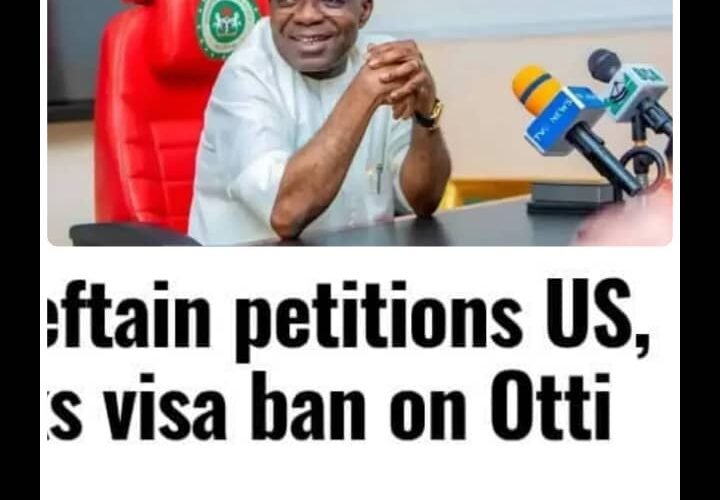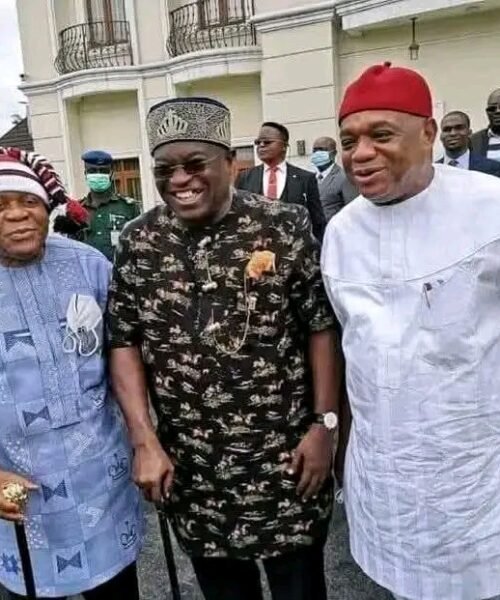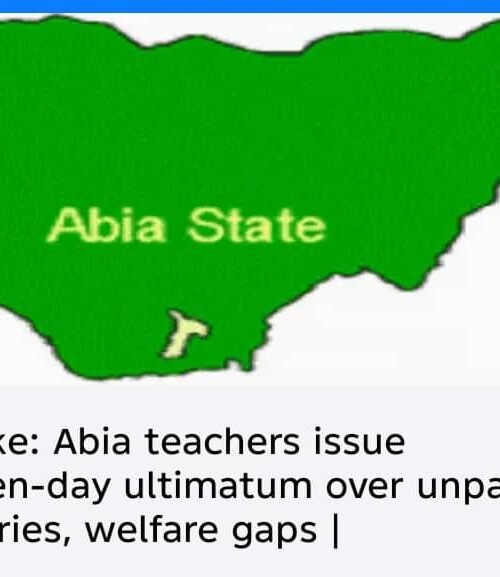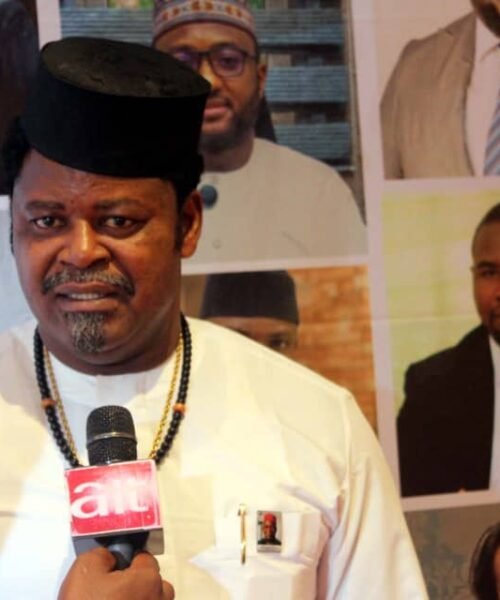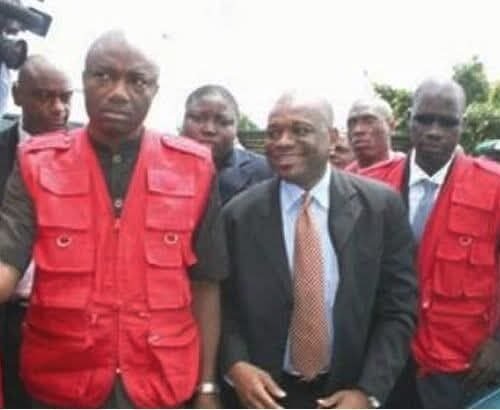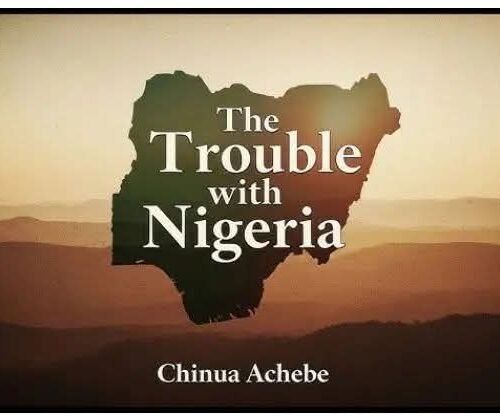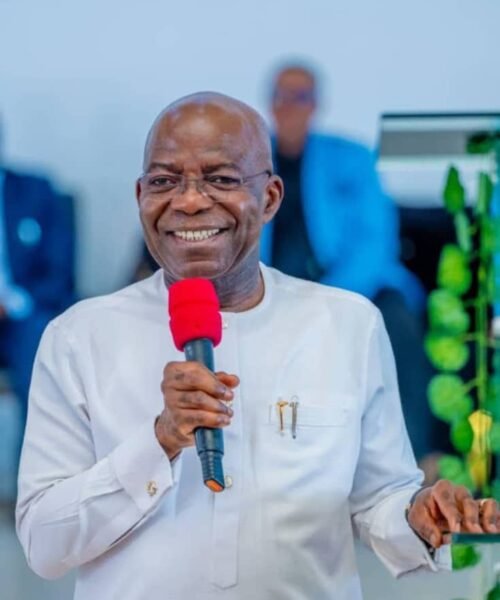Defamation, Not Journalism: An Analysis of the Otti Visa Ban Article
The Daily Post Nigeria article reporting on the petition by APC chieftain Eze Chikamnayo against Governor Alex Otti suffers from significant journalistic shortcomings that undermine its credibility and objectivity. A critical analysis reveals several key flaws.
Unsubstantiated Allegations and a Lack of Balance
A primary weakness of the article is its reliance on allegations without concrete evidence. It serves as a platform for Mr. Chikamnayo’s claims regarding a N54 billion expenditure but provides no verifiable proof. Furthermore, the reporting is profoundly one-sided, as it fails to include a response or comment from Governor Otti or his administration. This omission violates the core journalistic principle of balance, presenting accusations as the dominant narrative without allowing the accused party the right of reply.
Unexamined Political Motivations and Context
The article clearly identifies the accuser as a chieftain of the All Progressives Congress (APC), while Governor Otti belongs to a different political party. This establishes a clear potential for political motivation behind the petition. However, the report does not critically examine this angle or question whether the allegations are part of a broader political strategy. This lack of context leaves readers without the necessary information to assess the impartiality of the claims. Additionally, the article provides no background on the state of education in Abia, failing to contextualize the challenges of school renovation projects.
Procedural Opaqueness and Unclear Objectives
The report lacks transparency regarding the petition’s own process and goals. It does not elucidate the legal or procedural grounds for seeking an international visa ban against a sitting state governor. The article also fails to adequately explain the distinction between the state’s “smart school” projects and the federally funded ASUBEB projects, which is a central point in the accuser’s argument. This omission creates confusion rather than clarity. The potential consequences of a visa ban, for either the governor or the state, are left entirely unexplained, making the petition’s central demand appear more like a political stunt than a reasoned call for accountability.
Potential for Defamation and Political Interference
By publishing serious accusations of “systemic corruption” and impunity without supporting evidence, the article ventures into potentially defamatory territory. Moreover, the call for foreign nations to sanction a democratically elected state governor sets a concerning precedent. The article uncritically reports this without examining the implications of such external interference in Nigeria’s domestic affairs, which could be perceived as an attempt to undermine the state’s legitimate administration.
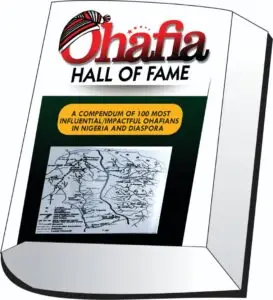
Conclusion
In summary, while reporting on allegations against public officials is a vital media function, this article falls short of professional standards. It presents grave accusations from a political opponent without balance, evidence, or critical context. Consequently, the report reads more like a political press release than objective journalism, failing to adequately inform the public and potentially exacerbating political tensions without a substantive basis.
AProf Chukwuemeka Ifegwu Eke

